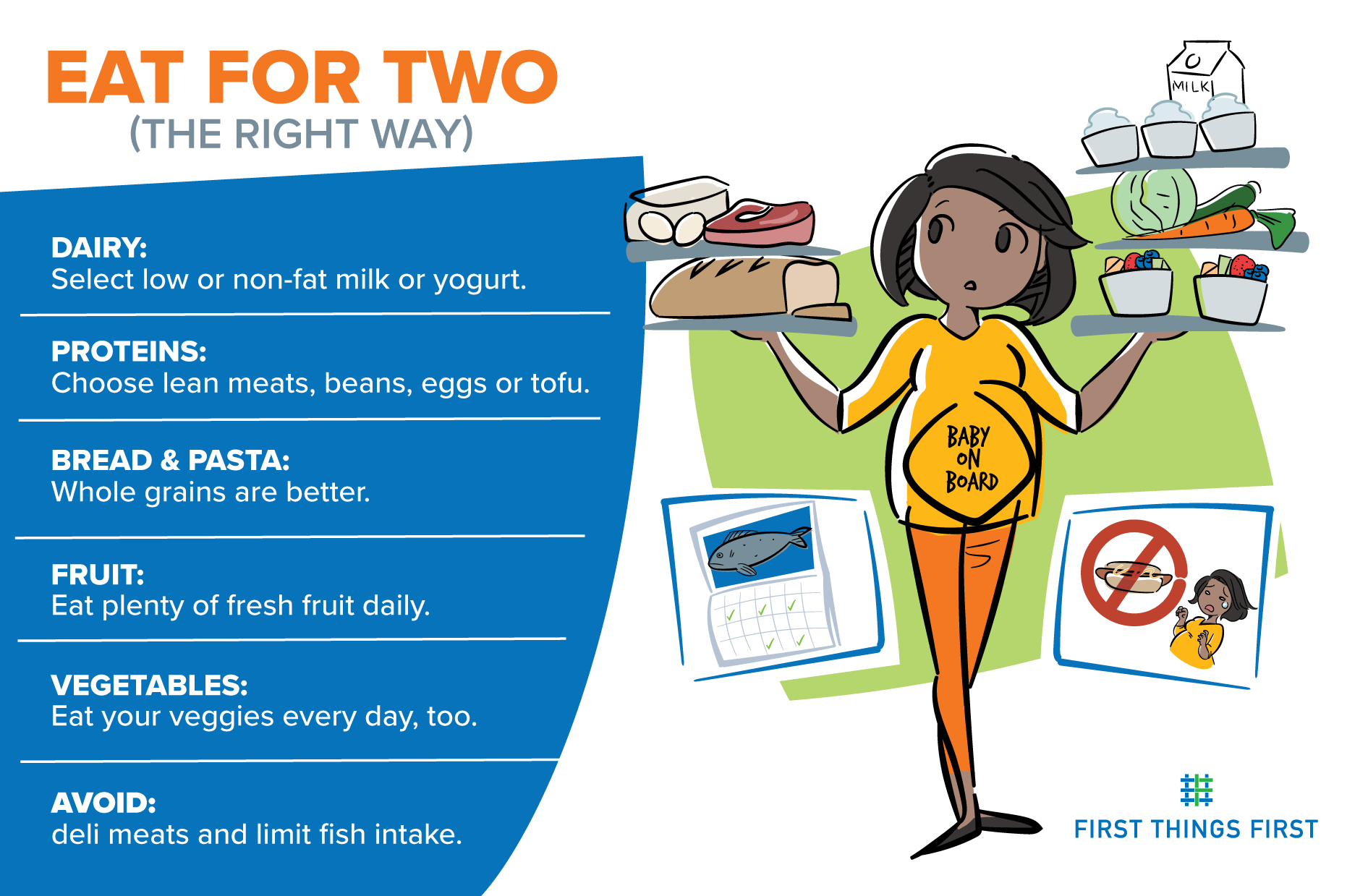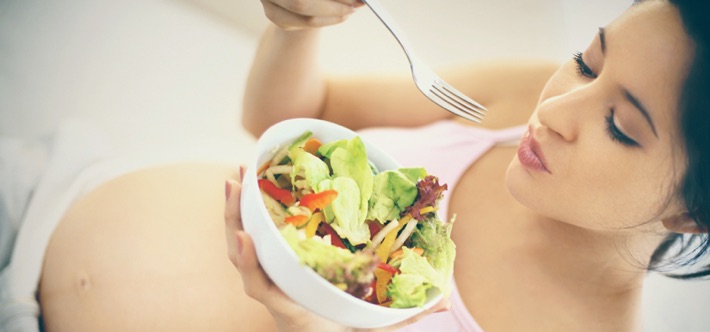Having a Healthy Pregnancy
Learn about taking care of yourself while you are pregnant.
Pregnancy is a time of change. Your body will change, and you will have many new feelings. Taking good care of yourself becomes more important than ever. Start getting health care as soon as you can, and accept help when it is offered. The more you take care of yourself during pregnancy, the better you can care for your newborn.

As soon as you find out you are pregnant, you should start getting regular medical check-ups. This is known as prenatal (before birth) care. Prenatal care is for both you and your baby. It can take a while to find a doctor, so start to look early. You will want to have a doctor for your baby before the birth. You can see a family practice doctor, or a doctor who specializes in pregnancy and childbirth (obstetrician-gynecologist). Or you can see a nurse midwife or nurse practitioner. For free and low-cost prenatal care, contact AHCCCS (Access).
 Ask your doctor for a schedule of prenatal visits.
Ask your doctor for a schedule of prenatal visits.
Eating well helps keep you healthy. It is also important for your baby’s growth and development. Everyone has different nutrition needs and food preferences, so talk to your doctor about eating the right amount and kinds of foods for you and your baby. To learn about eating well while you are pregnant, see the Pregnancy and Breastfeeding pages on MyPlate.gov.

Prenatal vitamins provide extra folic acid, as well as calcium, iron and other vitamins and minerals that help your baby develop. Folic acid is a form of vitamin B. It helps prevent serious spinal problems. You can buy prenatal vitamins at a drugstore or ask your doctor to prescribe them.

WIC (Women Infants and Children) offers free classes on healthy eating and gives coupons to help you get healthy food. It is for women with low to middle incomes. Contact WIC to see if you qualify.
Smoking, drinking or using drugs can cause serious health problems for you and your baby. Many women find that pregnancy gives them powerful reasons to quit. Visit MotherToBaby for information about the effects of medicines and other substances during pregnancy. Contact the Arizona Smokers’ Helpline for help to quit smoking. For help finding a drug or alcohol treatment program, visit Arizona Substance Abuse Prevention.
Activities like walking and swimming can help you stay healthy and have more energy. Ask your healthcare provider what kinds of activities are safe for you.
Gum disease may cause your baby to be born too early and too small. Try to see a dentist early in your pregnancy. Brush your teeth twice a day with a fluoride toothpaste and floss once a day. See AHCCCS if you need help paying for dental care.
Health Signs to Watch ForContact your health care provider right away if any of these things happen:
|
The First Things First Parent Kit was developed in partnership with Health Research for Action/UC Berkeley. © 2023 The Regents of the University of California. Additional video, graphic and other content © 2023 First Things First. All rights reserved.
Join our email list to keep up with the latest news and information from FTF